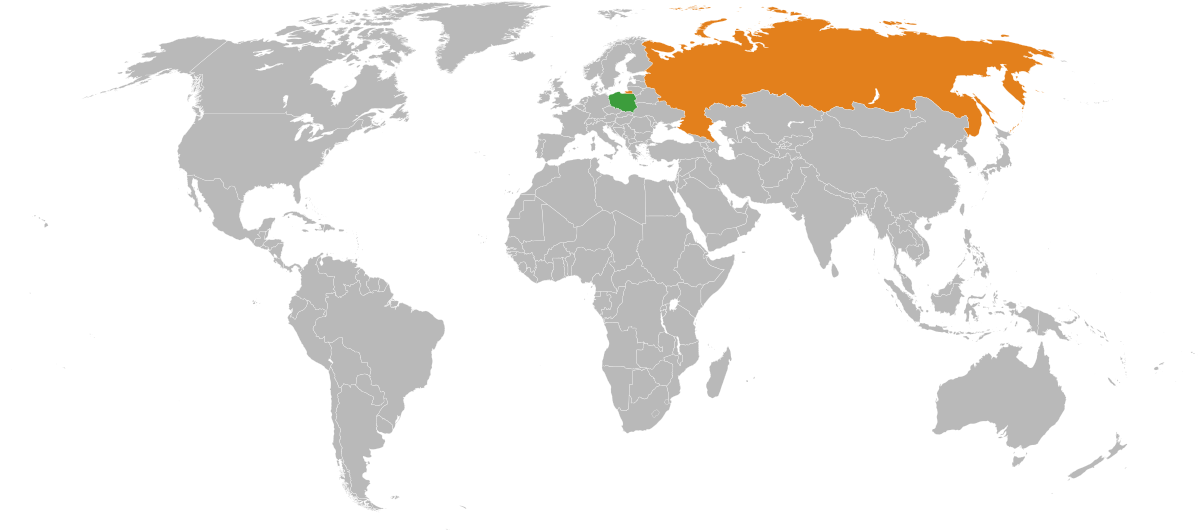Navigating Poland-Russia Relations: A Comprehensive Overview
In today’s rapidly changing geopolitical landscape, understanding Poland-Russia relations has become crucial for business leaders, policymakers, and HR professionals alike. With historical tensions and recent developments, it’s essential to stay informed about how these dynamics affect trade, diplomacy, and workforce strategies.
The Historical Context of Poland-Russia Relations
The relationship between Poland and Russia is laden with historical complexities. Since the partitions of Poland in the late 18th century, through World War II, to the fall of communism in 1989, the ties between these two nations have shifted between conflict and cooperation. For further details, visit Wikipedia, which outlines the long-standing history that shapes their current interactions.
Recent Developments in Bilateral Relations
As of 2023, the political climate has been heavily influenced by Russia’s actions in Ukraine, which significantly altered the military and economic perspective of Poland towards its eastern neighbor. Poland has positioned itself as a supporter of Ukraine within NATO, advocating for sanctions against Russia and offering military assistance, which has considerable implications for regional security.
Economic Impact of Poland-Russia Relations
The economic ties between Poland and Russia have historically revolved around energy, particularly natural gas. However, the geopolitical situation has led to a shift in Poland’s energy strategy. In response to the increasing dependency on Russian gas, Poland has diversified its energy sources by seeking alternatives from Norway and the United States. This strategy is not only a move for energy independence but also a response to enhancing national security, which can have ramifications for businesses relying on stable energy supplies.
Trade Relations: Opportunities and Challenges
Trade between Poland and Russia has seen fluctuations. While Poland has traditionally exported agricultural products, machinery, and vehicles, sanctions and political tensions have created barriers to trade. Polish businesses are now looking to expand their markets within the European Union and beyond, thus diminishing reliance on the Russian market. Establishing a more diverse trade relationship not only minimizes risks but also opens new avenues for growth.
Future Prospects
Looking ahead, the prognosis for Poland-Russia relations remains uncertain. As tensions persist, it is vital for Polish companies to prepare for various scenarios concerning diplomatic relations. Businesses should implement risk management strategies to navigate the potential upheavals in trade and economic interactions effectively.
The Role of Culture in Diplomacy
Culture plays a significant role in diplomacy, and it remains a tool for dialogue between Poland and Russia. Cultural exchanges, academic collaborations, and joint historical projects may encourage a more profound mutual understanding. Engaging in these soft diplomatic efforts can pave a path for more constructive political dialogue in the future.
The Human Element: HR Strategies in Response to Geopolitical Changes
For HR professionals, understanding the implications of geopolitical shifts is paramount. In the context of the volatile relations between Poland and Russia, companies must refine their talent acquisition strategies. This includes building workforce diversification, ensuring compliance with international labor laws, and fostering an inclusive cultural workplace that respects diverse backgrounds.
Training and Development for Cross-Cultural Competence
Training programs focused on cross-cultural competencies can help employees navigate the complexities of working with international partners and clients amid volatile political climates. By investing in human capital, organizations not only equip their teams with the necessary skills but also position themselves as desirable employers in the eyes of potential candidates.
Conclusion: Strategic Engagement Moving Forward
In summary, the relationship between Poland and Russia is multi-faceted and constantly evolving. For business leaders and HR professionals, recognizing the nuances of these relations can inform strategies that mitigate risks and explore opportunities. By staying informed and adaptable, organizations can prepare for the challenges ahead while fostering relationships that enable growth in a complex geopolitical landscape.
At the end of the day, comprehensive awareness and strategic engagement are essential for organizations operating in or with countries that have such intricate diplomatic ties.








